Introduction
Are you looking to start a business with very low capital requirements?
It is a good business model to initially operate as a white label software reseller.
White label software reseller enables you to license and then sell another person's software with your branding. It economizes on time and money.
But, success in this area does depend on the choice of product.
As per a MarketsandMarkets report, the cloud-based contact center market is projected to reach USD 86.4 billion by 2029, including for white label software. It is growing at a compound annual growth rate (CAGR) of 26.9% during the forecast period.
There is a clear need to establish a plan for deciding on suitable white label software to resell. It is essential for identifying the appropriate platforms, to price your services in a way that makes sense, and to market effectively.
This guide will take you step by step through all stages of the process allowing you to avoid the pitfalls that are common and to build within the white label software partner program ecosystem.
Understanding the White Label Software
White label software reseller is a very good business model, showing scalability, flexibility and high-profit margins.
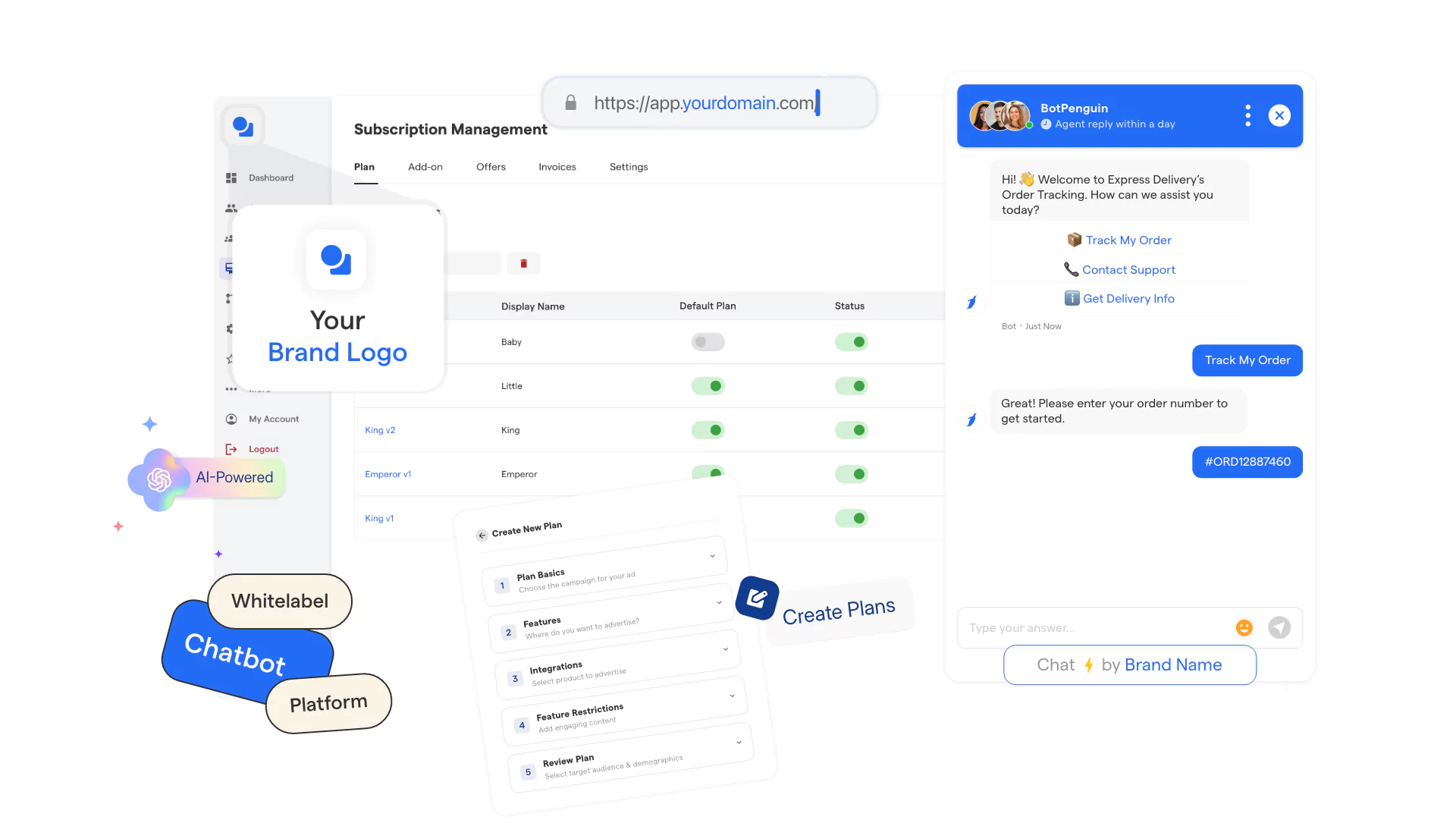
Whether you’re a tech entrepreneur or a digital agency looking to diversify your offerings, this guide will help you understand what white label software is, the available options, and how to start reselling it successfully.
What is White Label Software?
White label software is a complete product created by one company but rebadged and re-sold by another company under its name.
You can also adapt the software's branding (logos and colors) to your business identity, without starting from scratch. Examples include chatbots, marketing tools, CRMs, and analytics platforms.
Types of White Label Software
White label software offers diverse solutions tailored to different business needs and industries.
As a White Label Software Reseller, you can choose from a variety of options that suit your target market and expand your offerings. Here are some common white label software options to consider:
- Social media schedulers, email automation platforms, and SEO software.
- AI-powered bots for customer support and lead generation.
- Tools to help businesses manage customer relationships.
- White label payment gateways, shopping carts, and website builders.
- Platforms offering website or app performance insights.
Benefits of Reselling White Label Software
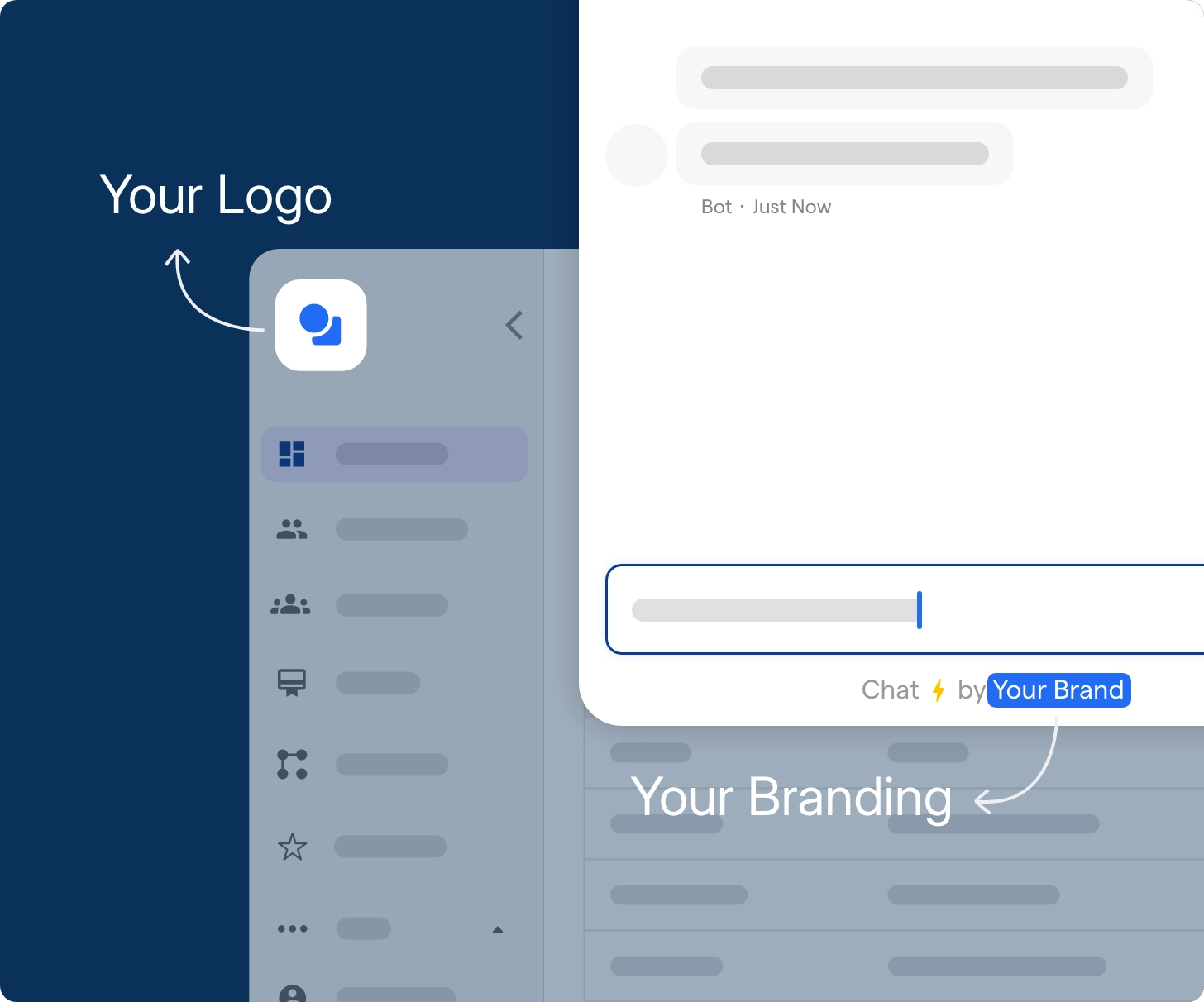
White label software is customizable, boosting its many benefits. By leveraging an already developed, customizable solution, you can quickly enter the market and start providing value to clients. So here are some benefits of white label software:
- Software development is not needed, since you use one already existing product.
- Bypass the lengthy product development cycle and go to market nearly at once.
- Provide a tested product to different sectors with little risk.
- Add a recurring income stream by reselling subscription-based software.
- Adapt the product to be consistent with your company’s identity, and market and sell it.
How to Start Reselling White Label Software: A Step-by-Step Guide
Reselling white label software can be a rewarding business venture.
White label software partner program provides all the resources and support you need to market and sell a product that meets your clients’ needs. However, a structured approach is essential for success.
So here is a step by step guide to start reselling white label software.
Step 1
Choosing the Right White Label Software
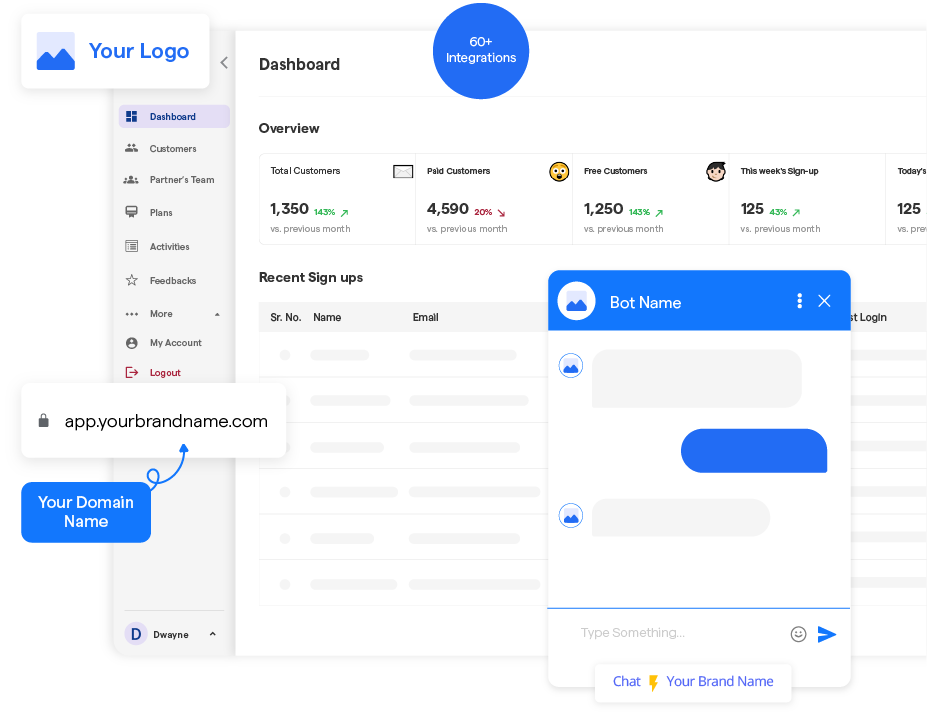
Choosing the appropriate white label software is of great importance for the future of the business. A valid product combination leads to customer satisfaction, repeat purchases, and business expansion.
Try out various software options to find the right one for your area of expertise. Consider categories like AI chatbots, CRM tools, and e-commerce solutions, each catering to specific industries.
Find software that's important to your potential customer base, in demand, and trustworthy. Maintaining software up to date with the current trends of the market is of vital importance for accomplishing sustained success.
Focus on the software providers that provide good customer service, easy integration, and low prices. Providers that provide smooth onboarding and attentive technical support can make your reselling process easier.
Step 2
Exploring Platforms for Reselling White Label Software
Selecting the proper platform can dramatically simplify your reselling business. Platforms streamline the management, marketing, and customer acquisition process, allowing businesses to concentrate on scaling operations.
Platforms such as BotPenguin, AppSumo, Paddle, and GetApp are widely accepted for the resale of white label applications. By providing automation tools, tracking systems, and exposure to possible buyers.
Automation saves time, while built-in tracking tools help monitor your sales performance. SaaS marketplaces offer at the moment the possibility to see different buyers and the possibility also to access in swift time the pool of the best buyers.
Consider your product’s niche when selecting a platform. For example, if you’re reselling AI software, choose a marketplace known for tech solutions to maximize exposure to the right audience.
Step 3
Identifying Your Target Audience
Recognizing your target audience is crucial for developing effective marketing and sales approaches. By tailoring your approach, you can increase your chances of success.
Identify the industries or groups that will benefit most from the software you’re reselling.
Identify whether your target audience is businesses or consumers. This distinction will influence your messaging and marketing channels.
Isolate the competitors in your market, so as to be able to identify their methods, and identify the gaps to be filled.
Cluster your target customers on certain needs or problems. This will help tailor your marketing efforts more precisely, increasing engagement and conversion rates.
Step 4
Setting Up Your Business
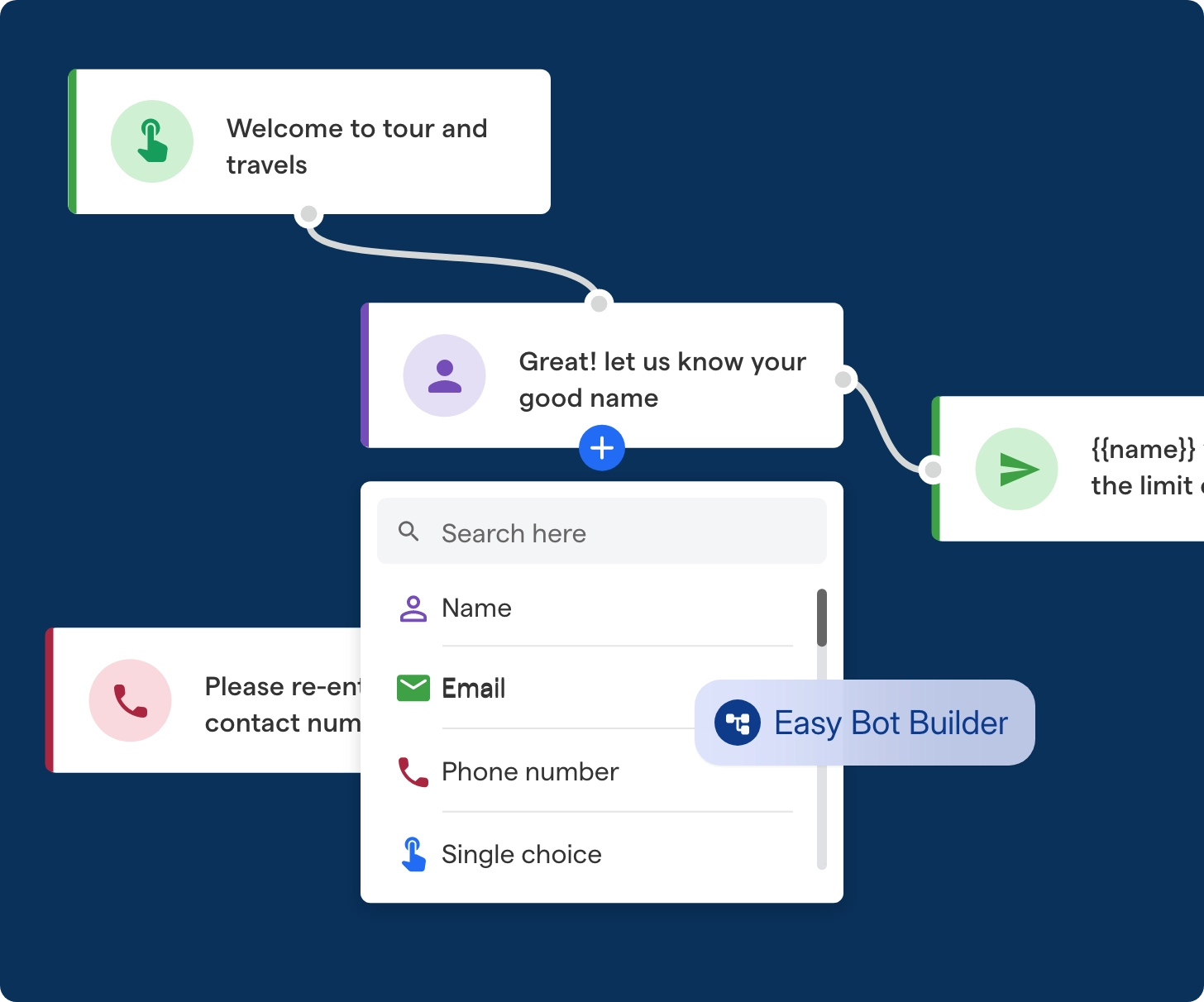
In order to successfully run a business it is essential to construct strong groundwork such as legal registration, branding, and web presence.
Start by choosing a business name, registering it legally, and obtaining any necessary licenses or permits.
Your site is your shop window, so retain its simplicity yet allow it to be easy to use and aesthetically pleasing.
Create a unified brand with a distinctive logo, color palette, and messaging that embodies the values of the company.
Platforms such as Wix and Shopify enable one to create a professional-looking website in a surprisingly short time without computer programming skills.
Provide a variety of payment channels to facilitate easy purchasing for customers. The leading choices are Stripe and PayPal, making the task of invoicing and payment collection very easy.
Step 5
Pricing Your White Label Software
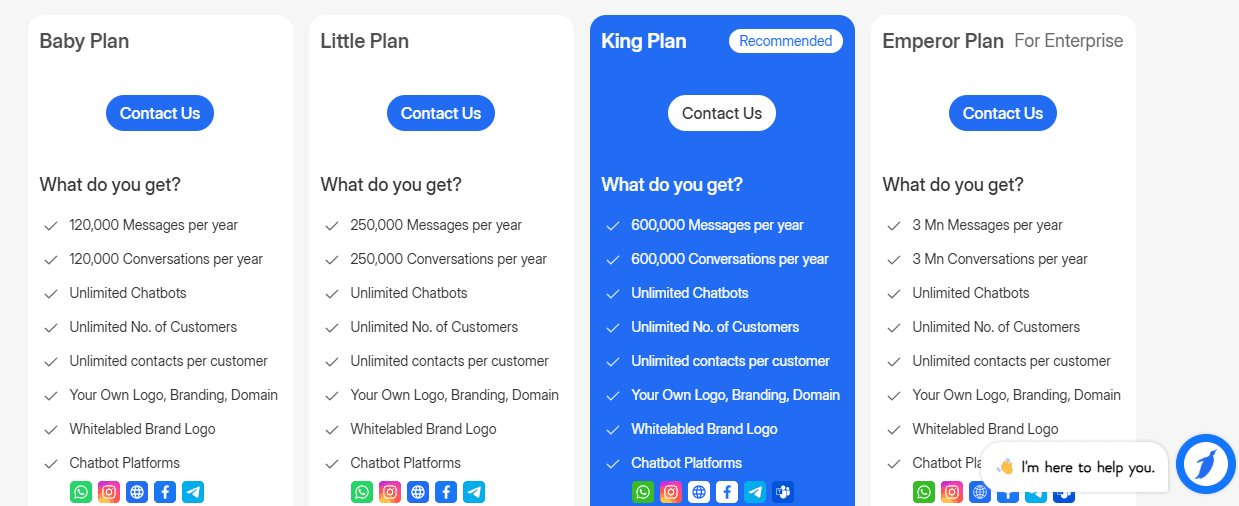
Pricing your white label software properly is essential to strike the right balance between profit and customer acceptability.
Pay attention to such considerations as the purchase price of your software, market demand, and competition pricing. Don't forget that the price you quote should reflect the benefit you offer and also remain reasonably priced.
By offering basic, premium, and enterprise packages, it becomes possible to reach a broad customer base.
Highlight the unique value your software offers and clearly explain why the cost is right.
Do not charge fees that are not clear and do not have transparent pricing. Being transparent with pricing is a driver of customer trust and long-term commitment.
Step 6
Marketing Your White Label Software
Marketing is a must for sales generation as well as brand awareness. A comprehensive strategy should utilize organic as well as paid marketing.
Attention to channels such as social media, email marketing, and SEO to achieve traffic and lead generation.
Use content marketing and SEO to attract, build, and grow long-term, organic traffic. Publish blogs, case studies, and social media content to showcase the advantages of your software.
Spend money on Google Ads or social media ads to quickly generate leads. Collaborating with influencers or running paid campaigns can further enhance your reach.
Decrease risk to potential buyers by providing free trials or product demos. This allows customers to experience your software before committing.
Presenting customer success stories builds trust and provides persuasive evidence for convincing new users to adopt a product.
Step 7
Building Customer Relationships and Support Systems
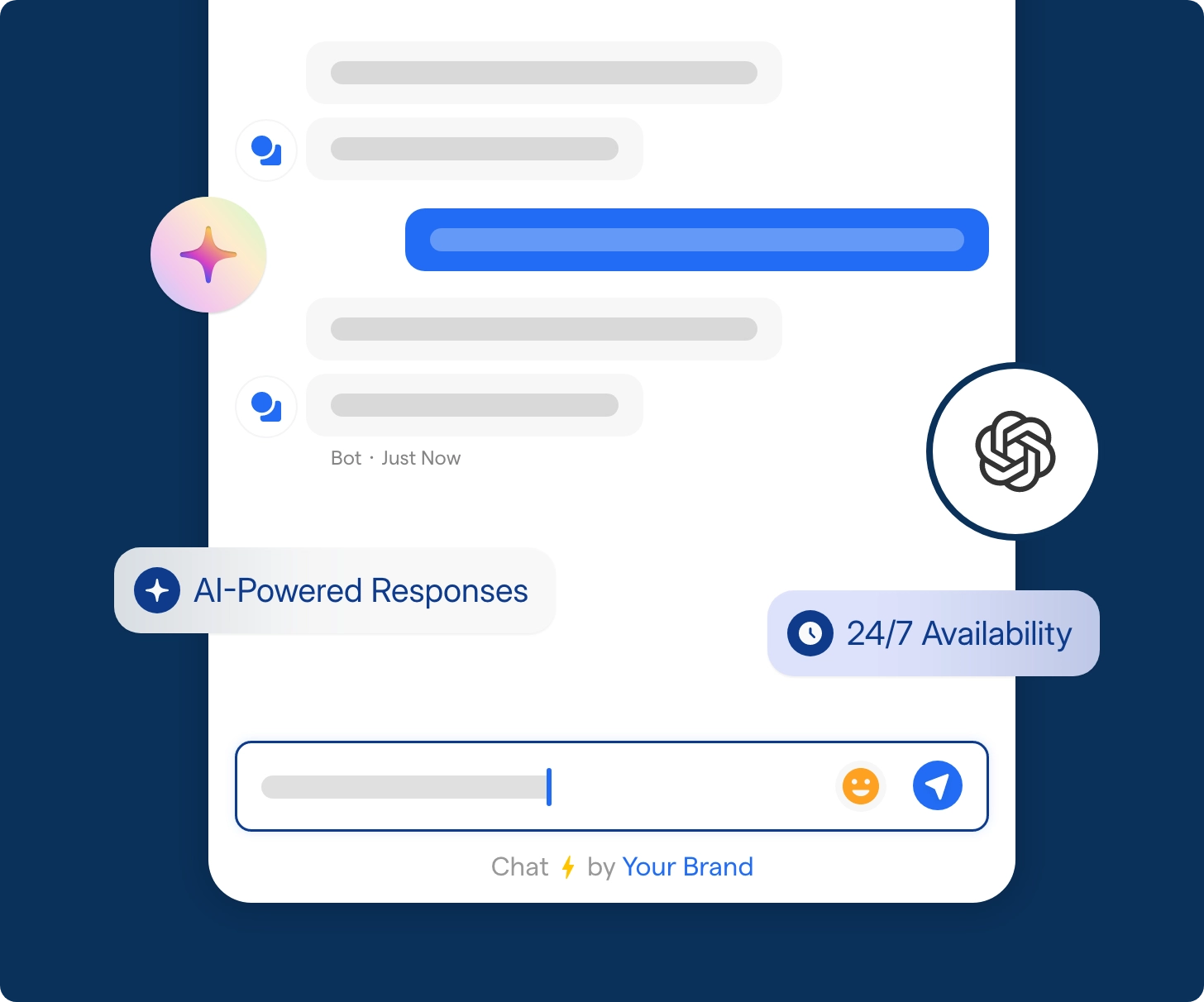
Customer satisfaction drives long-term success. Building good relationships with customers and offering them excellent service will lead to repeat business and customer loyalty.
Offer multiple customer support channels, such as live chat, FAQs, and tutorial videos to help customers resolve issues quickly.
Teach your end-users the best ways to get the most out of your product with tutorials, webinars, or individual training.
Gather feedback from your customers to continuously improve your product and services.
Use customer relationship management (CRM) tools to track leads, nurture relationships, and keep customers engaged with regular updates and promotions.
Suggested Reading:
5 Top White Label Software Tools for Agency
Step 8
Scaling Your Business
After your business is set up and brings in a regular income, start to scale up by introducing new offers to the market or by taking new markets.
Include as many white label solutions as possible in your portfolio to attract a wider audience and broaden your revenue model.
Partner with other businesses or individuals through white label software programs to reach more customers and boost sales.
Leverage tools such as chatbots, CRM systems, and workflow automation to optimize your processes and decrease manual effort.
International expansion via cultural and regional adaptation of your software offering is something to consider. Expansion into new countries can create new sales channels.
Why Being BotPenguin White Label Software Reseller is a Great Choice
Chatbots are now widely embraced by companies for automating customer service. White label software reseller, such as BotPenguin, provide an incredibly valuable channel for resellers.
The perks of choosing BotPenguin chatbot as a white label software to resell are endless. Here are the key points:
- Profitable Opportunity: Becoming a BotPenguin White Label Software Reseller opens the door to a profitable business.
You can offer advanced chatbot solutions to clients while keeping your branding intact. This allows you to build a revenue stream without investing in software development.
- Low Investment: You don’t need to create the software from scratch. BotPenguin’s White Label Software Partner Program provides a ready-to-use chatbot solution.
This means you save on development and maintenance costs. Thus allowing you to focus on marketing and sales.
- Branding Freedom: As a White Label Software Reseller, you can customize the chatbot platform to match your brand’s identity.
You can offer the solution under your name, giving you full control over your brand image and customer experience.
- Scalability: BotPenguin’s platform is scalable, allowing you to grow your business. Whether you’re targeting small businesses or large enterprises, the software can handle the needs of various clients. This flexibility helps you serve a wider market and boost your income.
- Advanced Technology: BotPenguin provides a powerful chatbot platform that uses AI to automate tasks. This means your clients get access to advanced features like natural language processing and 24/7 support. Offering these features under your brand gives you a competitive edge.
- Comprehensive Support: BotPenguin’s partner program offers excellent support to resellers. You get dedicated assistance to help you sell, implement, and support the software.
Thus ensuring success for your business and your clients.
Common Mistakes to Avoid as White Label Software Partner
When becoming a white label software reseller, avoiding common mistakes ensures smoother business growth.
A lot of resellers fail to follow some important steps, which can be detrimental to their business. Proper research, effective marketing, and customer support are essential.
This section highlights the most frequent mistakes and how to avoid them for a successful white label software business.
Not Researching the Software Properly
Skipping research is a major mistake. Study white label software to resell thoroughly. Make sure the product resonates with market trends and addresses realistic customer needs.
Poor research can lead to reselling outdated or irrelevant software, causing customer dissatisfaction.
Underestimating Marketing Efforts
White label software reseller often think that merely listing the software is all it takes. Marketing is crucial to attract customers.
Join a white label software partner program to take advantage of marketing tools and platforms other than Google's own. Leverage Search Engine Optimization (SEO), social media, and paid advertising effectively to your target market.
Failing to Provide Good Customer Support
Customers expect timely support. Offering live chat, detailed FAQs, and tutorials can boost satisfaction. Inadequate support can result in churn, hurting your business.
Select software vendors that provide technical support to resellers to ensure a continuous workflow.
Ignoring Customer Feedback
Customer feedback helps identify issues early. Ignoring it limits your chance to improve. Develop feedback mechanisms to harvest knowledge and adapt your plan.
Active listening builds trust and helps you stand out as a reliable white label software reseller.
Conclusion
Reselling white label software is a scalable option for creating a sustainable business with a low development overhead.
By selecting the appropriate white label software to resell, choosing the right platforms, and focusing on the appropriate audience, you can build a solid foundation.
Emphasize exceptional customer service, the value of feedback, and the improvement of your marketing approaches. With the expansion of your business, seek to leverage opportunities through white label software partner programs and automation tools to automate your operations.
Having the proper mindset, you can achieve lasting customer relationships, increase your range of offerings, and expand into other markets, thereby achieving long-term success.
Frequently Asked Questions (FAQs)
What is white label software reselling?
Software reselling on a white label basis is the practice of selling an off-the-shelf application branded with your brand.
You may not actually design the product, but you sell it with your own branding and pricing.
Do I need technical knowledge to become a white label software reseller?
No, technical expertise isn’t required. There are a good amount of white label software partner program arrangements that will provide assistance, onboarding, and technical documentation on getting going on technical terms if you have any technical expertise.
How do I market white label software effectively?
Employ a combination of organic tactics, such as SEO and social media, as well as paid advertising and influencer relationships.
Free trials or demos lures more customers to the mart, while testimonies help more customers feel safe in the mart.
How do I price my white label software offerings?
Base your pricing on the software’s cost, competitor analysis, and market demand. Use tiered or value-based pricing models to attract different customer segments. Transparent pricing builds trust and encourages conversions.
What are the best platforms for reselling white label software?
Top platforms include BotPenguin, AppSumo, Paddle, and GetApp. These marketplaces offer exposure, automation tools, and performance tracking to help resellers manage operations effectively.



